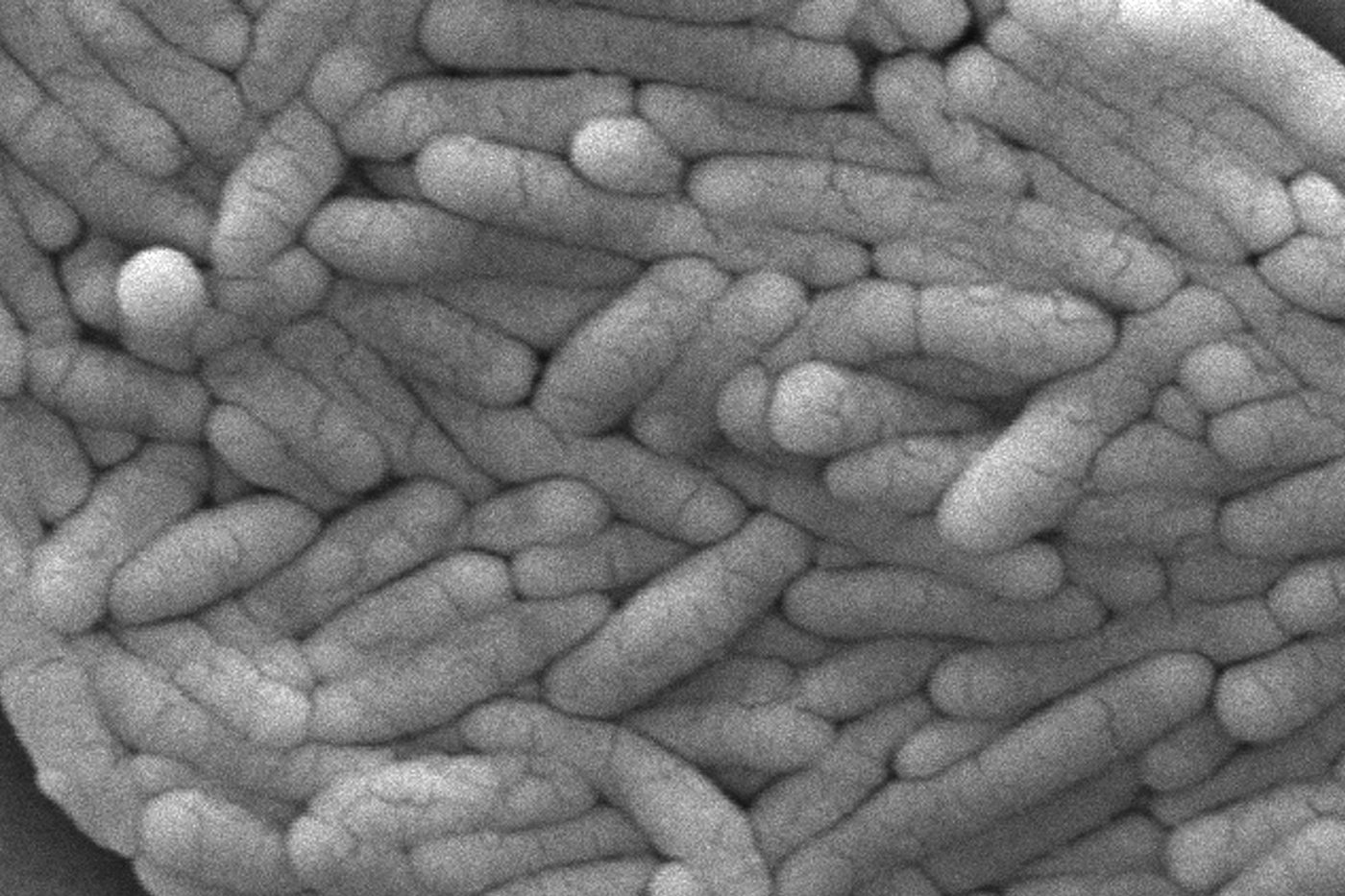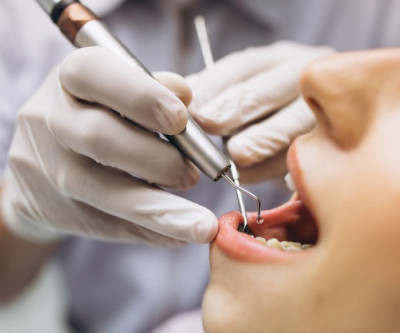Latest News
- "Direct Kenora-Thunder Bay flight to launch from January 15th"
- Ingonish fishermen concerned about the impact of sewage discharge on livelihoods and crab fishing
- Liberals support removal of religious exemption from hate speech laws
- Shai Giljos-Alexander named Canadian Athlete of the Year for second time
- Controlled suspension of Air Transat flights begins
Latest Ads
-
Jasmine Jewel
Call
-
Omidan group
Call
-
Amir Madanpour
Call
-
Dimo studio
Call
-
Yorkacademy
Call
-
Maryambagheri
Call
-
Shishlix Restaurant
Call

9 in hospital with salmonella after consuming pistachios and pistachio-containing products: Public Health Agency of Canada
Public Health Agency of Canada (PHAC) reports that nine people have been hospitalized after consuming pistachios and pistachio products contaminated with Salmonella.
So far, 52 cases of the disease have been reported across Canada, including one in Manitoba, two in British Columbia, nine in Ontario and 39 in Quebec. About three-quarters of the cases are women and range in age from 2 to 89.
The contaminated products were distributed under the Habibi, Al Mokhtar Food Centre and Dubai brands in Ontario and Quebec. Some Dubai products, including hemp and pistachio chocolates, were also sold online.
The public health agency warns that the contaminated pistachios may have been used in some baked goods.
Warning to consumers and food businesses
People, retailers, distributors and food service businesses such as grocery stores, pharmacies, bakeries and cafes nationwide are strongly advised not to consume, sell, serve or distribute these products.
People should check the exact product name, size, product code and identifiers on the label with official notices and if they identify a contaminated product, throw it away or return it to the place of purchase. If a person is unsure whether they have purchased a contaminated product, they should contact their store or supplier.
People who have been infected with salmonella or similar digestive illnesses should also not prepare food for others.
What is salmonella?
Salmonella is a type of bacteria that is transmitted through contaminated food and can infect anyone. The disease may be contagious to others for several days to weeks after infection, even if the person does not have any symptoms.
Symptoms of the disease appear between 6 and 72 hours after exposure to the bacteria and may include chills, fever, nausea, diarrhea, vomiting, abdominal pain, and sudden headache. In most cases, symptoms resolve within 4 to 7 days.
Although most people recover without needing specific treatment, some may develop more severe illness that requires hospitalization and can even lead to permanent complications or death.
People at greatest risk include the elderly, young children, pregnant women, and those with weakened immune systems. People who suspect they have salmonella should contact their doctor or health care provider immediately.
News source
Suggested Content
Latest Blog
Login first to rate.
Express your opinion
Login first to submit a comment.
No comments yet.


































